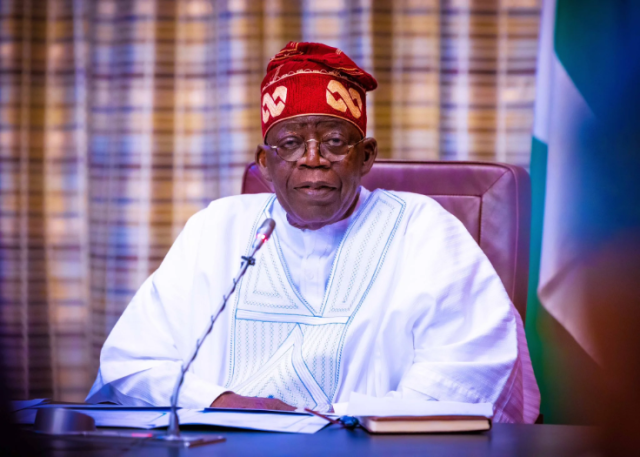In a bid to boost citizens engagement at the grassroot, Nigeria’s federal government has launched a Citizens Assembly, aimed to improve governance gaps and enhancing inclusivity.
The federal government is set to bridge the identified gaps in governance by initiating a volunteer organisation named Citizens Assembly.
Senior Special Assistant to the President on Community Engagement (North-Central), Mrs Abiodun Essiet, who made this known at the State House, Abuja.
He, described the initiative as a significant milestone in the journey towards fostering inclusivity and grassroots representation in governance.
“This strategic initiative underscores President Bola Tinubu’s unwavering commitment to integrating diverse voices and perspectives into our decision-making processes, thereby enhancing community development and cohesion,” she said.
She recalled that the president had appointed six of them as aides on Community Engagement for the nation’s six geo-political zones to foster dialogue, understanding, and collaboration by proactively addressing regional needs and concerns.
“This decentralised approach to governance signifies a strong commitment to grassroots engagement and tailored development initiatives, reflecting the unique challenges and opportunities present in each geopolitical zone of Nigeria,” she added.
“The Citizens’ Assembly was created to collectively tackle community problems and foster an inclusive society where every voice is heard. It offers structures across communities where residents can express their thoughts, share ideas, table pleas, and collaborate on lasting solutions to existing problems, while also planning proactively for future challenges.
Nigeria Launches $600m Programme For Citizens In Technology, Creative Sectors
“The Citizens’ Assembly provides a tremendous opportunity for citizen engagement, dialogue, collaboration, and peaceful resolution. It is committed to ensuring swift information dissemination, stakeholder engagement, project participation, and continuous deliberations for meaningful outcomes,” she said.
“Nearly a thousand indigenes and settlers from the North Central region applied to volunteer for this noble cause. After a rigorous selection process, volunteers were chosen to represent at least one ward across the six states in the North Central Region and the FCT.
“These volunteers will serve as agents of change and influencers within their communities, developing actionable solutions and ensuring challenges are addressed at the highest levels,” Essiet further said.




















